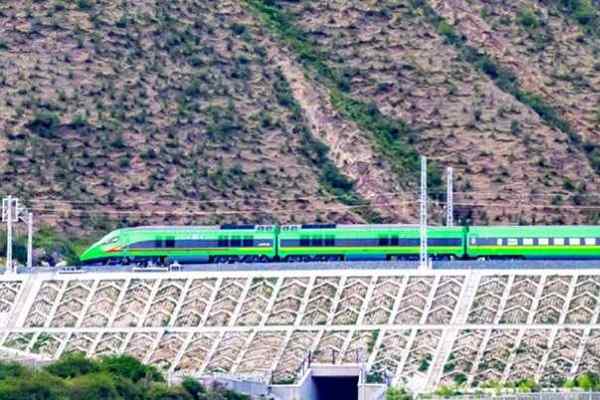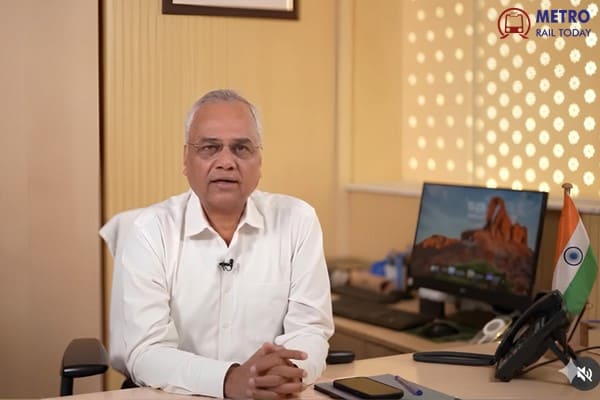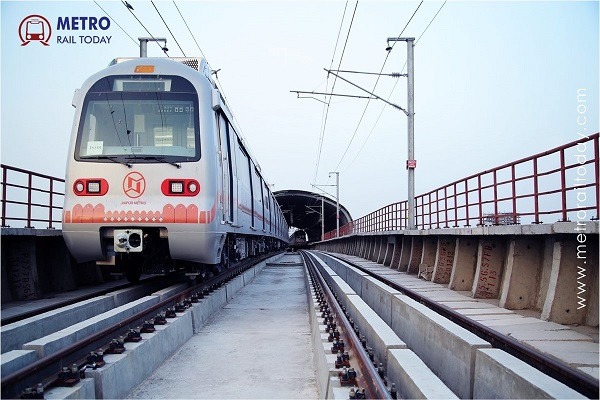 First global civil tender worth ₹1,145 crore launched for Jaipur Metro Phase 2 Project
First global civil tender worth ₹1,145 crore launched for Jaipur Metro Phase 2 Project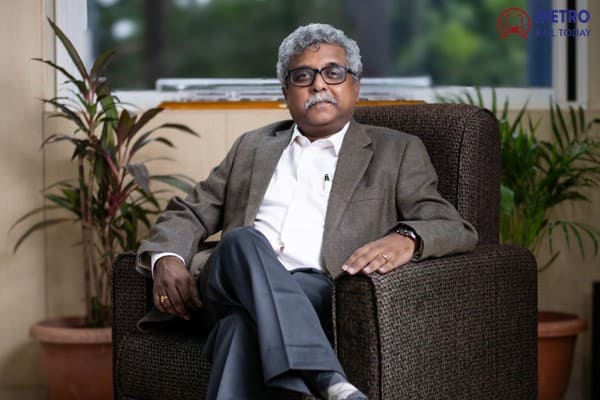 Vande Bharat to Vision 2047 — How ICF is Leading India’s Next Rail Revolution?
Vande Bharat to Vision 2047 — How ICF is Leading India’s Next Rail Revolution?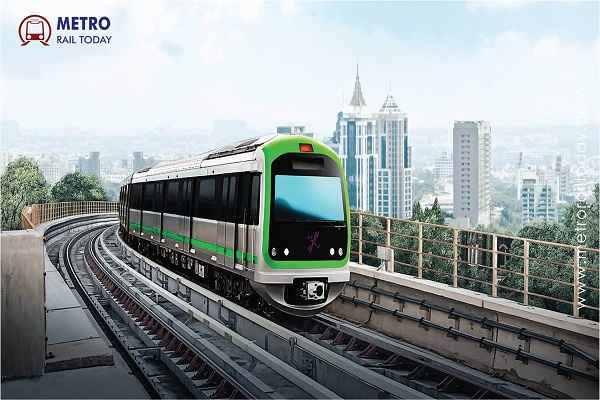 India's first Bengaluru–Hosur Interstate Metro Corridor declared Technically Infeasible
India's first Bengaluru–Hosur Interstate Metro Corridor declared Technically Infeasible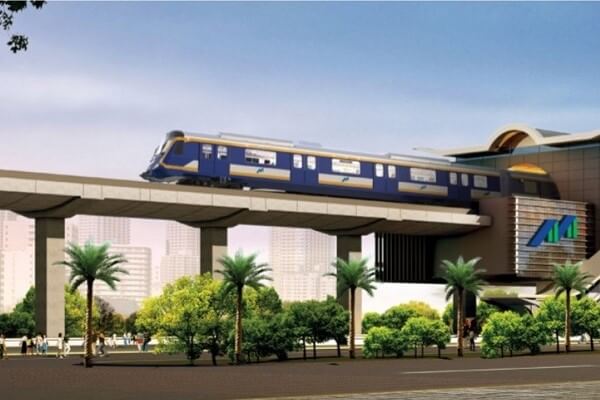 MMRDA awards ₹129.63 crore contract for Multimodal Integration on Mumbai Metro Lines 4 & 4A
MMRDA awards ₹129.63 crore contract for Multimodal Integration on Mumbai Metro Lines 4 & 4A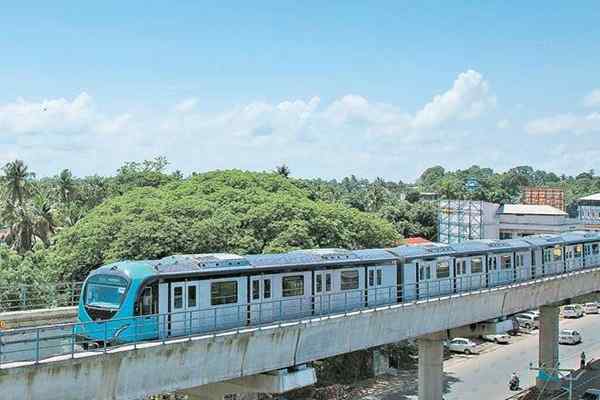 First U-Girder installed on JLN Stadium–Infopark Corridor of Kochi Metro Phase 2
First U-Girder installed on JLN Stadium–Infopark Corridor of Kochi Metro Phase 2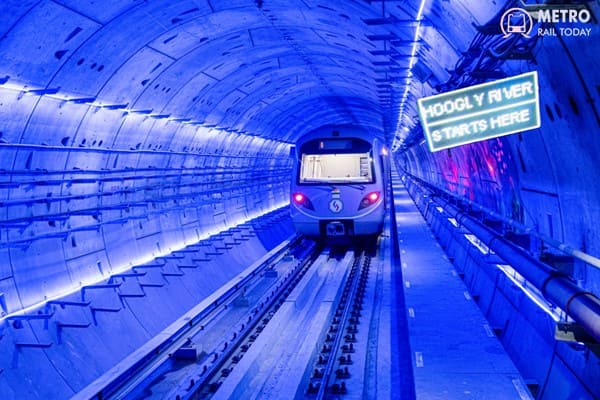 Kolkata Metro Marks 41 Years of Service to the City of Joy
Kolkata Metro Marks 41 Years of Service to the City of Joy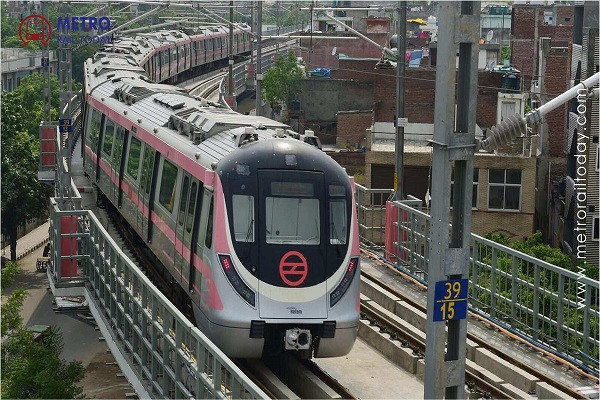 DMRC to introduce Driverless Trains on Delhi Metro Phase 4 Corridors
DMRC to introduce Driverless Trains on Delhi Metro Phase 4 Corridors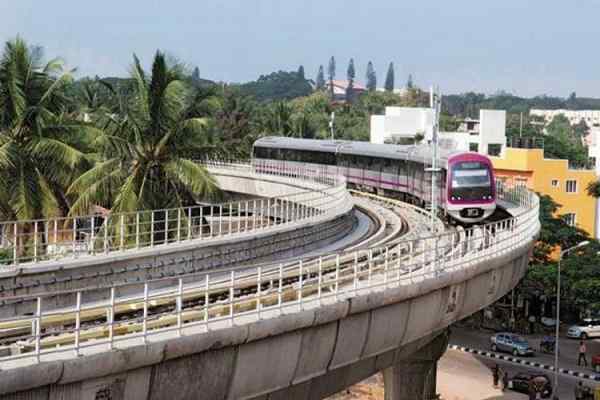 Karnataka proposes Centre of Excellence for Railways and Mobility Innovation
Karnataka proposes Centre of Excellence for Railways and Mobility Innovation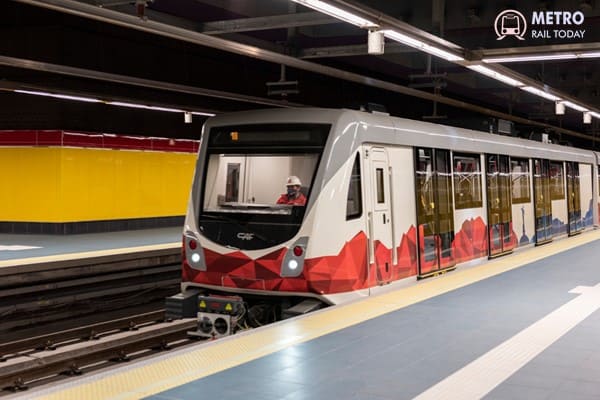 Egypt and Japan approve Greater Cairo Metro Line 4 Project
Egypt and Japan approve Greater Cairo Metro Line 4 Project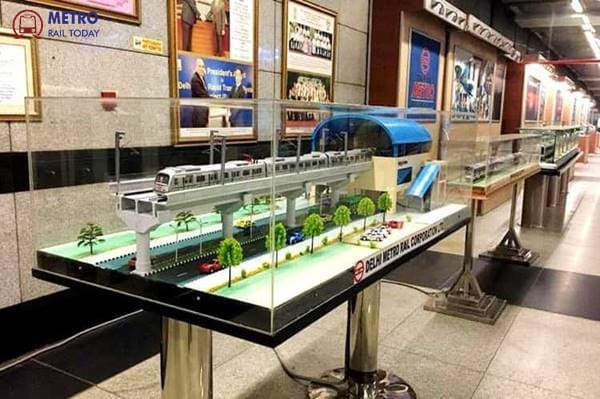 Metro Rail Today continues its legacy as Official Media Partner for 18th Urban Mobility India 2025
Metro Rail Today continues its legacy as Official Media Partner for 18th Urban Mobility India 2025
Indian Railways tests Advanced Kavach Signalling System to boost Safety and prevent accidents
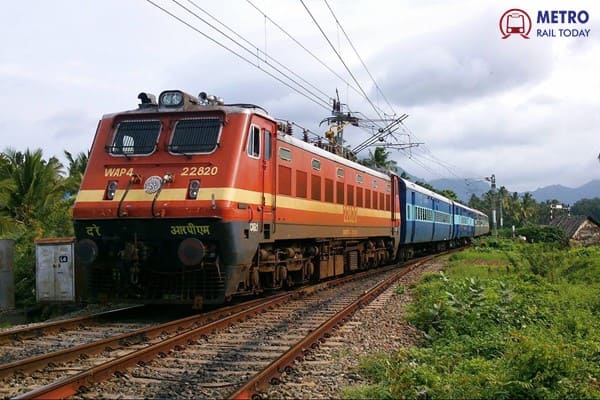
New Delhi, India (Metro Rail Today): In a major step toward enhancing rail safety across the country, Indian Railways has successfully completed pilot testing of an advanced automatic signalling system designed to prevent train collisions and significantly reduce the risk of human error. The pilot test, conducted recently, is part of the ministry’s broader plan to deploy next-generation train control technology across high-density routes nationwide.
At the core of this breakthrough is the Kavach system — an indigenously developed Automatic Train Protection (ATP) system that uses radio communication, GPS-based tracking, and on-board electronics to enforce speed restrictions and prevent potential accidents. The system automatically applies brakes if the driver fails to act on signal warnings or exceeds the designated speed limit.
According to officials, the recent pilot test was carried out on the Delhi–Agra section and involved rigorous simulations of head-on collision scenarios, signal violations, and emergency braking conditions. The Kavach system responded in real-time, showcasing its ability to override human commands and bring trains to a controlled stop when needed. Officials noted that the trial was a complete success, laying the groundwork for a broader rollout.
Railway authorities are now preparing for phased deployment of Kavach across 3,000 km of high-priority rail corridors, including the New Delhi–Mumbai and New Delhi–Howrah routes, where the traffic density is among the highest in the world. The aim is to eventually cover over 34,000 km of track under the system, aligning with global best practices for train safety.
The project is part of Indian Railways' efforts to modernize its signalling infrastructure, reduce dependence on manual operations, and enhance real-time monitoring of train movement. It is also a critical component of India's plan to make the rail network safer as it scales up high-speed and semi-high-speed train services like Vande Bharat Express.
The Kavach system is cost-effective, at around ₹50 lakh per kilometre, and is being promoted under the ‘Make in India’ initiative. By prioritizing domestic R&D and manufacturing, the government aims not only to modernize the national rail system but also to position India as a leader in low-cost railway safety technologies globally.
Commenting on the successful trial, Mrs. Mamta Shah, MD & CEO of Urban Infra Group, said, “Rail safety is non-negotiable, and with Kavach, India is proving that indigenous innovation can deliver world-class solutions. The successful test of this advanced signalling system is a milestone that not only safeguards passengers but also inspires confidence in India's technological capabilities. As we move towards high-speed rail and increased automation, such systems will be the backbone of safe operations.”
Indian Railways has been under pressure to upgrade its safety systems following a series of high-profile train accidents in recent years. The implementation of Kavach is expected to drastically reduce accidents caused by signal disregard, driver fatigue, or communication lapses.
With the successful pilot test, India joins the league of nations actively deploying ATP systems across their rail networks, signaling a promising future for railway safety, efficiency, and passenger trust.





